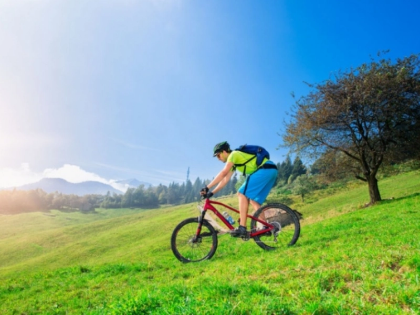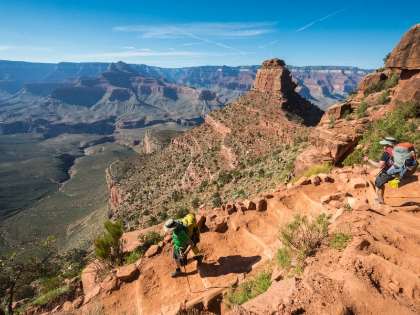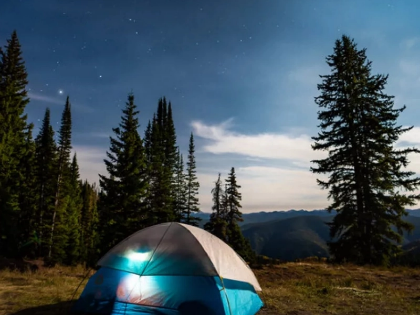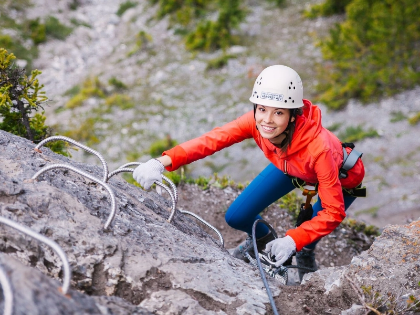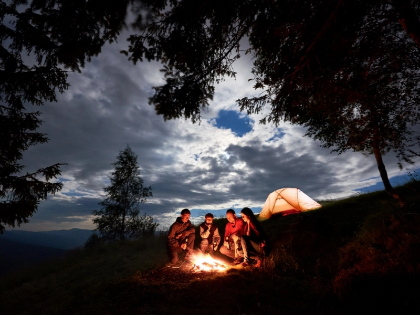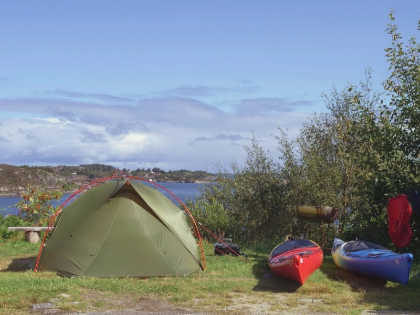Guerrilla Camping: What is it?
Stealth camping, or guerrilla camping, is a popular practice among cross-country cyclists and backpackers. It is less typical among RVers.
Camping at locations with less of an impact on the environment than those in developed campgrounds is the aim. For those who want to camp for less money and with less environmental impact, it's a fun choice.
Unauthorised Camping
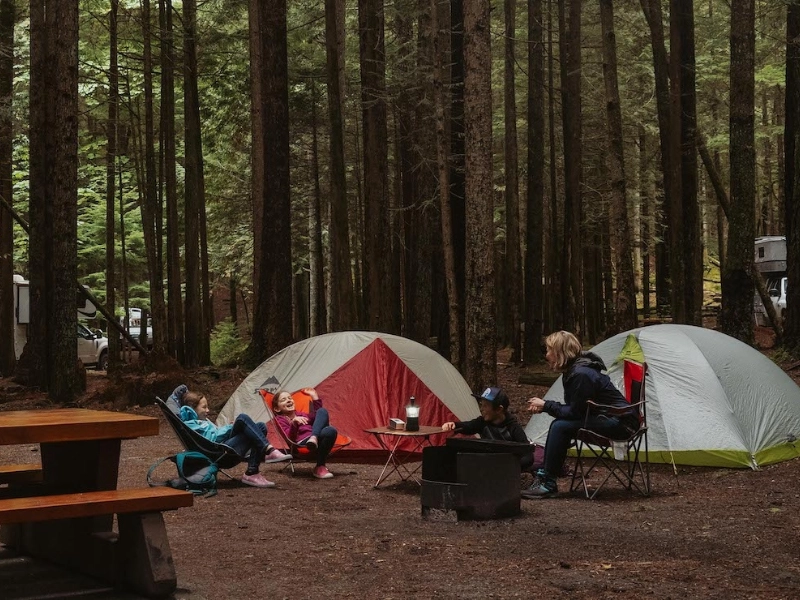
Generally speaking, if you use an existing campground that doesn't need a lot of excavating, relocating, etc., you are permitted to camp without permission on state, private, and national forest land. We refer to this as "stealth camping."
Many long-distance bikers and backpackers also frequently utilise an undesignated campground (which may or may not be illegal) along their route. There are several names for this kind of camping, such as stealth, guerrilla, and wild camping.
To avoid leaving any trace of your presence, you should be able to rapidly set up and take down your hammock or tent, maintain discretion about where you camp, and adhere to LNT principles. This is especially crucial if you are camping during the months with the highest amount of outdoor activity, when people are visiting their favourite paddling areas and farmers are working their fields. Additionally, you should comply with a landowner's request to depart right away.
Campsites in Public Areas
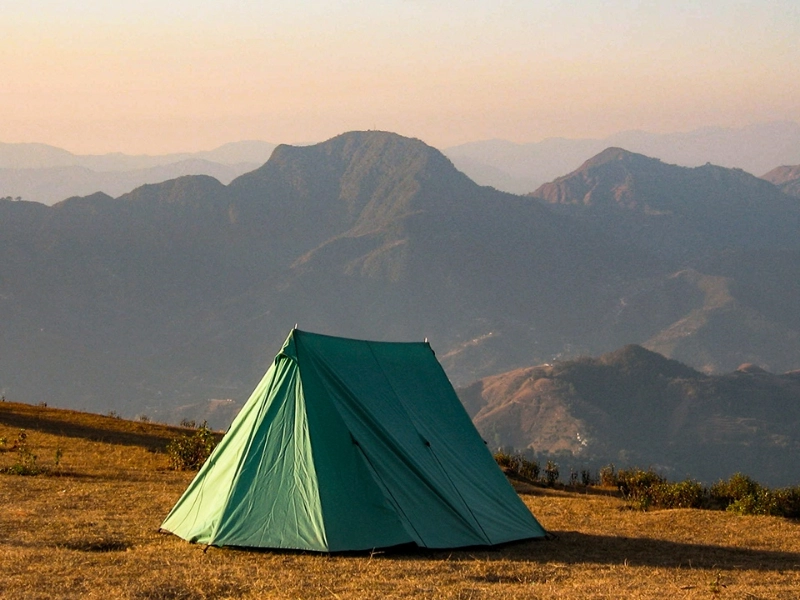
Stealth camping for RV or camper van travellers can be as simple as pulling up to a spot and staying for one or two nights before heading elsewhere. This is frequently done to avoid paying camping fees or because there aren't any campsites available in the region.
Look for an area where there are no signs of past campers when selecting a location for stealth camping. This includes missing tent stake holes, torn-up grass or leaves, trash that has been thrown, and syringes. Additionally, search for areas where there aren't any houses that front the street directly. This may be a sign that the local parking police are not as harsh.
Hospital parking spaces, a restaurant parking lot open 24 hours a day, and free street parking close to attractions are some well-liked locations for guerilla camping. For people who want to spend time alone, reduce their environmental impact, and get closer to the natural world, stealth camping is the perfect option. It's also a terrific way to avoid paying for a hotel or motel room and save money on camping fees.
Camping Far From Town
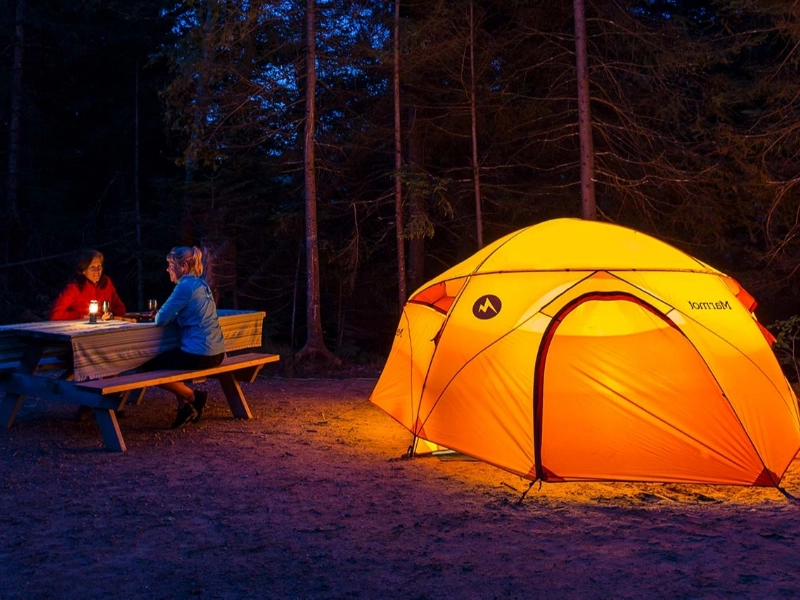
It is feasible to camp in isolated locations without anyone ever knowing if you put in a little preparation. All you have to do is make sure you have the appropriate tools, prepare ahead of time, and use caution. For instance, make sure you bring extra blankets and warm clothes, bring lots of water, notify someone of your whereabouts and expected return time, and refrain from consuming untreated water.
Choosing an area that isn't frequented by people is another crucial piece of advice. Try to avoid popular trails and other recreational areas, for instance, if you're camping in a national forest or on land owned by the Bureau of Land Management. This will lessen the likelihood that other hikers and tourists will see you.
Lastly, when guerilla camping, never forget to abide by the Leave No Trace philosophy. This will guarantee that there is no evidence of previous campers and that there is no environmental harm done to the region where you camp.
Budget-Friendly Camping
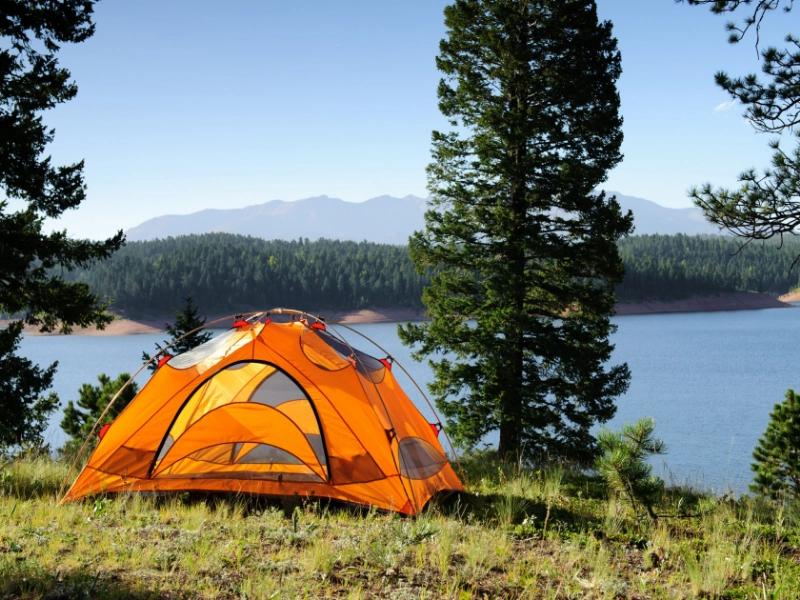
If some preparation is done ahead of time, many of the expenses related to camping can be avoided. Discount supermarkets sell goods in bulk, such as aluminium foil, tomato ketchup, and dishwashing solutions. You should also think about splitting up your camping gear with buddies; you'll save a tonne of money that way!
One excellent strategy to avoid paying campsite fees is to camp covertly. But keep in mind that this is still trespassing, and the landowner has the right to order you to leave. In order to avoid damaging their property, it is preferable to pack up and leave without arguing if this occurs.
Parking lots are an excellent location for covert camping as well. Hospital parking lots are a popular place for van lifers to sleep well because they typically lack surveillance cameras and police officers on patrol. Some people have discovered that parking lots for restaurants open around-the-clock can be a touch too noisy to sleep in, too.
